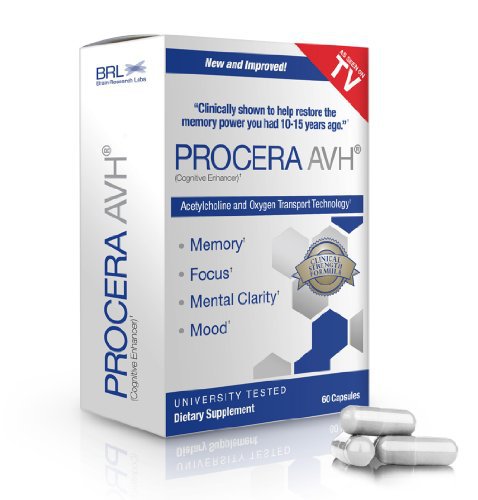Marketers Of Memory Supplement Must Pay $1.4M To Settle Deceptive Advertising Charges
 Using fake news stories and trumped-up, unsubstantiated claims, the marketers of a supplement that claimed to be the answer to memory loss problems sold nearly $100 million worth of the stuff in just a few years. Now they have to fork over $1.4 million to federal and state authorities for making these deceptive statements, and face millions more in penalties if they fail to comply.
Using fake news stories and trumped-up, unsubstantiated claims, the marketers of a supplement that claimed to be the answer to memory loss problems sold nearly $100 million worth of the stuff in just a few years. Now they have to fork over $1.4 million to federal and state authorities for making these deceptive statements, and face millions more in penalties if they fail to comply.
The Federal Trade Commission announced today that five companies – including KeyView Labs and Brain Research Labs – and their two principals agreed to a consent order to resolve their part in promoting allegedly deceptive advertisements for the supplement Procera AVH.
According to the FTC complaint [PDF], the marketers sold Procera AVH as a “solution” to memory loss and cognitive decline associated with aging.
The marketers sold the supplements through a series of ads on the Internet, in newspapers, direct mail flyers and infomercials.
One infomercial cited in the FTC complaint pretends to be a news program, complete with an anchor telling the audience about “the latest breaking news on an emerging health crisis possibly facing all Americans age 40 and older.”
The video then goes on to describe the “health crisis” as the “embarrassing, frustrating, sometimes dangerous effects of losing our mental edge, our focus and concentration, and even our memory.”
Enter Dr. Paul Nemiroff, who opines about potential mental decline – claiming that one-third of brain power is lost by age 40. He then introduces the viewer to Procera AVH, saying the pills have been proven – through a “rigorous” study at a major university – to “effectively address our brain’s energy crisis. They actually helped reverse memory loss by up to 10 to 15 years.”
Other means of advertisement for the supplement included newspaper ads and multi-page direct mail ads included similar claims.
The cover of a direct mail ad was labeled as a “Special Edition” of the “Physician’s Mind and Memory Alert.” The text inside the mailer stated: “The thought of being a prisoner in one’s own home, or being unable to recall who you are, where you live, or to whom you are related is sending forgetful baby boomers and retirees scrambling for a solution.” The ad then promoted Procera AVH as “the memory pill preferred by many doctors.”
According to the FTC, the claims for Procera AVH were false, misleading, or unsubstantiated and that the defendants falsely claimed that a scientific study proved the products efficacy.
Customers paid $79 per bottle of Procera AVH or $119 for three bottles if the customer signed up for the continuity purchase plan and agreed to automatic refills.
The FTC estimates that from 2006 to mid-2012, the marketers sold more than $60 million of Procera AVH. When sales began again from 2013 through March 2014 it totaled about $36 million.
Under the proposed settlement with the FTC, KeyView must pay $61 million, while the remaining defendants must pay $91 million. However, those judgements are suspended once the defendants pay $1 million to the FTC and an additional $400,000 to local law enforcement in Santa Cruz, CA.
Supplement Marketers Will Relinquish $1.4 Million to Settle FTC Deceptive Advertising Charges [Federal Trade Commission]
Want more consumer news? Visit our parent organization, Consumer Reports, for the latest on scams, recalls, and other consumer issues.

